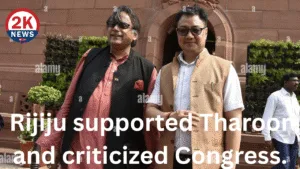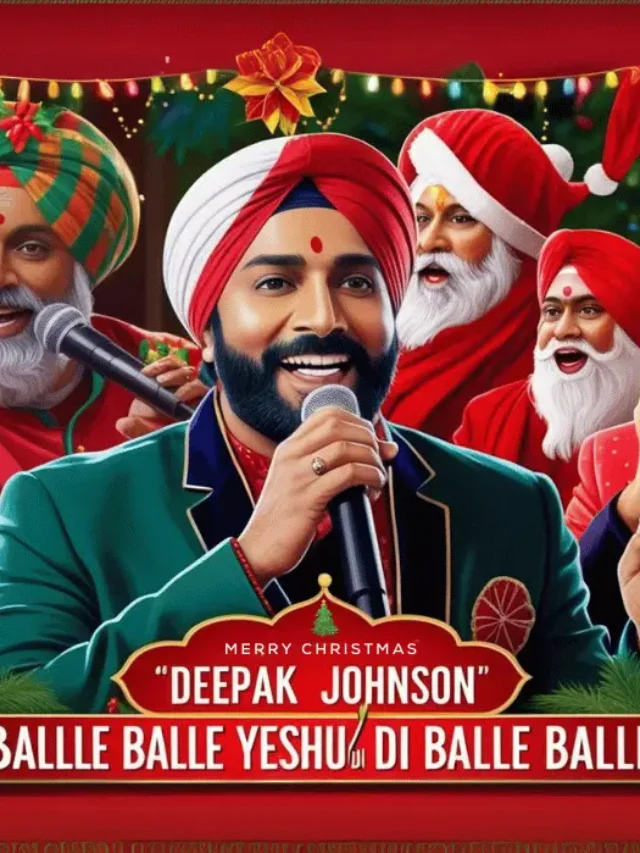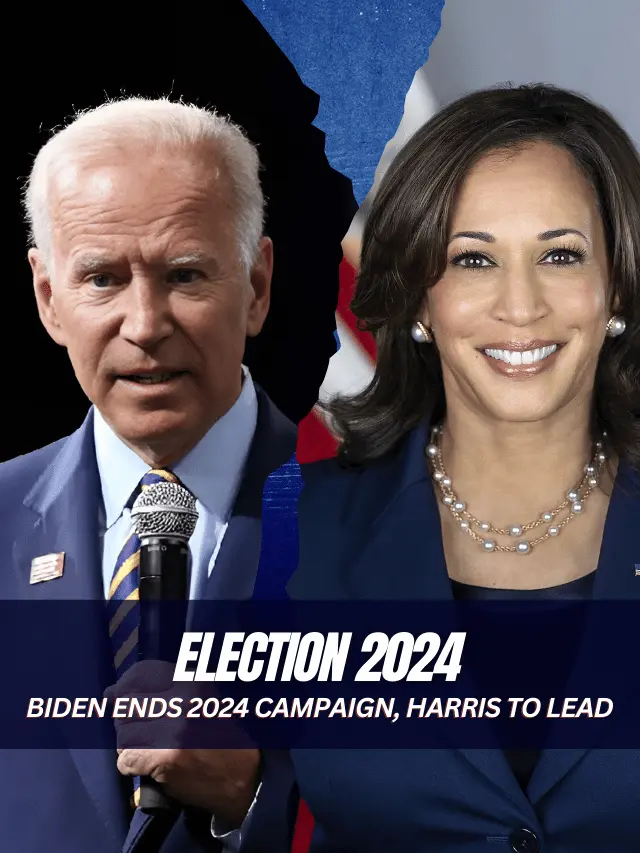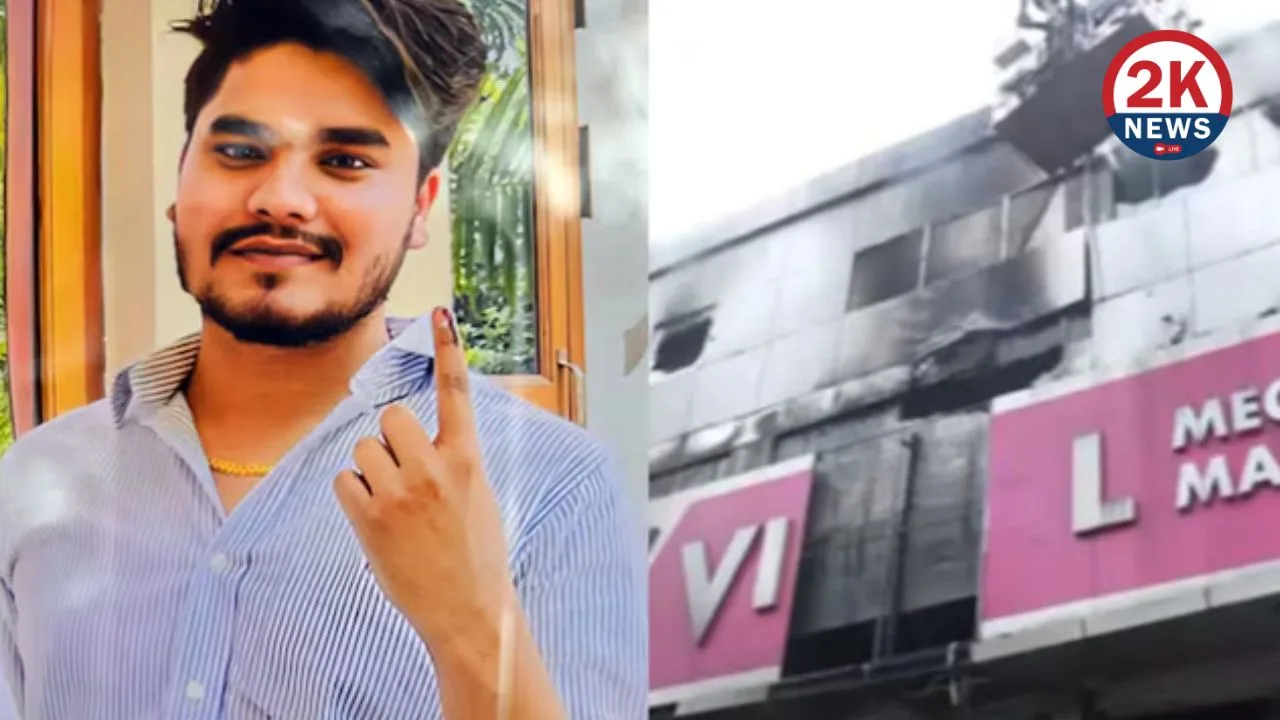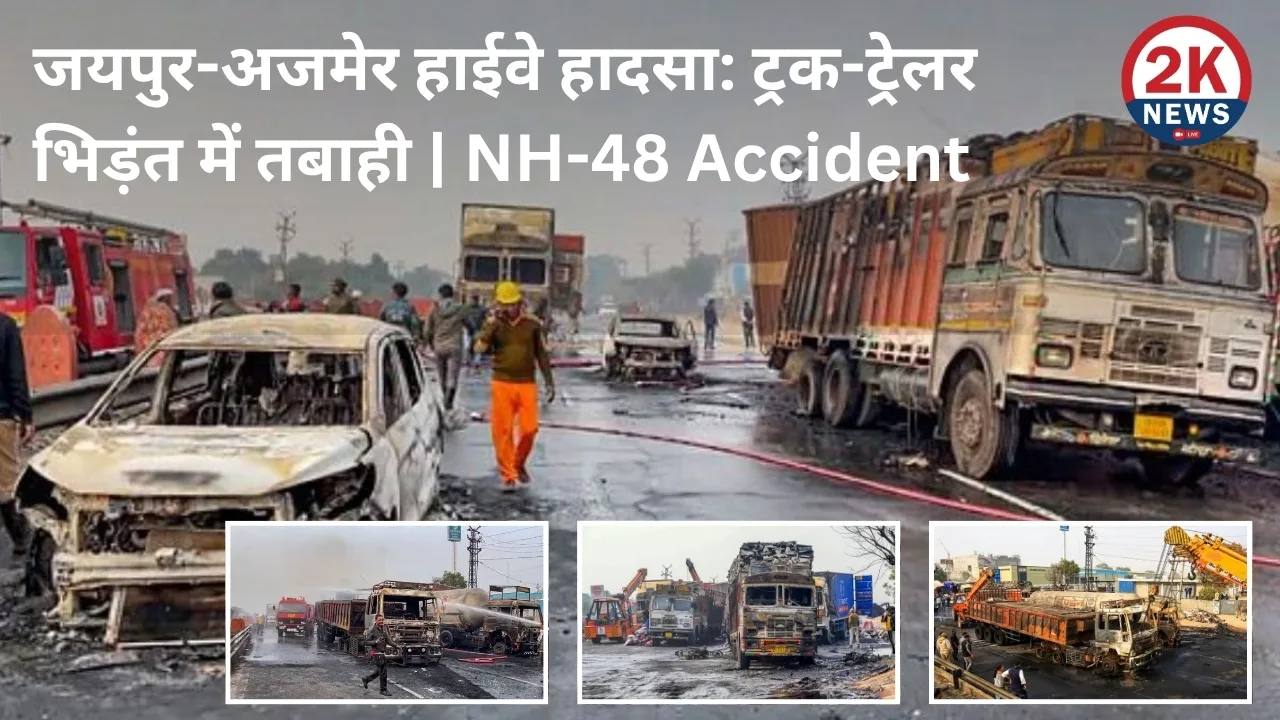Congress Criticism: Rijiju Supports Shashi Tharoor Amid Party Heat
Union Minister Kiren Rijiju, a prominent leader from the Bharatiya Janata Party (BJP), recently extended his support to Congress MP Shashi Tharoor amidst a wave of criticism directed at Tharoor by his own party, the Indian National Congress. The controversy sparked when Shashi Tharoor, known for his eloquence and candid views, praised the Narendra Modi-led government during a speech in Panama, a move that did not sit well with many within the Congress party. This unexpected backing from Rijiju not only highlights the complexities within Indian politics but also underlines the growing internal tensions within the Congress party.
Shashi Tharoor’s remarks praising the Modi government during an address in Panama came as a surprise to many, given the traditional rivalry between the BJP and the Congress. His comments focused on the government’s efforts in areas such as foreign policy, national security, and economic reforms. Tharoor acknowledged some positive steps taken by the current administration, which was seen as a break from the usual critical stance of the Congress towards the ruling party.
However, this appreciation did not go down well with the Congress leadership and many party members, who swiftly criticized Tharoor for what they perceived as an act of betrayal to the party’s ideology and stance. The criticism raised questions about loyalty and ideological alignment within the Congress ranks. Many accused Tharoor of undermining the party’s efforts to hold the government accountable and feared his remarks might weaken the party’s position in opposition.
In this charged atmosphere, Kiren Rijiju stepped in with a statement supporting Shashi Tharoor. Rijiju questioned the intent behind the and appeared to challenge the party’s leadership for reacting harshly to Tharoor’s remarks. He praised Tharoor’s courage for expressing his honest opinion and suggested that such openness should be welcomed in a democracy. Rijiju’s support for Tharoor is significant because it signals a rare moment where a senior BJP leader openly appreciates a Congress MP, despite the ongoing political rivalry.
This incident sheds light on the current state of affairs within the Congress party, which has been grappling with internal dissent, leadership challenges, and questions over its future direction. The public disagreement between Tharoor and other Congress members exemplifies the struggle within the party to maintain unity and a coherent political message. It also raises broader questions about how political parties handle dissent and differing opinions among their ranks.
Rijiju’s backing of Tharoor might also be viewed through the lens of political strategy. By supporting a vocal Congress MP who praised the Modi government, Rijiju and the BJP may be aiming to highlight fractures within the opposition and portray the Congress as a party in disarray. This narrative can help the ruling party consolidate its position by capitalizing on the perceived weakness and infighting among its rivals
Furthermore, Tharoor’s remarks and Rijiju’s support have sparked wider debates on political discourse in India. It raises the issue of whether politicians should be allowed to express views that differ from their party lines without facing severe backlash. In a healthy democracy, constructive criticism and praise across party lines can encourage transparency and improve governance. Rijiju’s comments suggest an encouragement for such political maturity, although the underlying political calculations cannot be ignored.
The controversy has also drawn reactions from political analysts and the general public. Some praise Tharoor for his balanced view and willingness to recognize positive developments regardless of political affiliation. Others criticize him for not standing firmly with his party, especially during a time when the is trying to regain its foothold in Indian politics.
In conclusion, the support extended by Union Minister Kiren Rijiju to Shashi Tharoor amid is a notable episode in contemporary Indian politics. It reflects the complex dynamics between individual expression and party loyalty, highlights the internal challenges faced by the Congress party, and points to the ongoing political strategies employed by the BJP. This event serves as a reminder of the evolving nature of political discourse in India, where alliances, criticisms, and support can sometimes cross traditional party boundaries.
